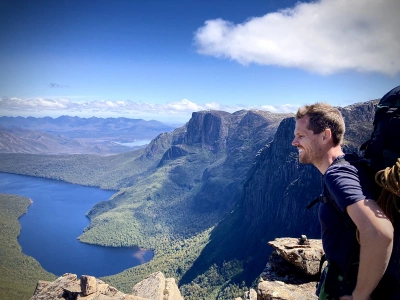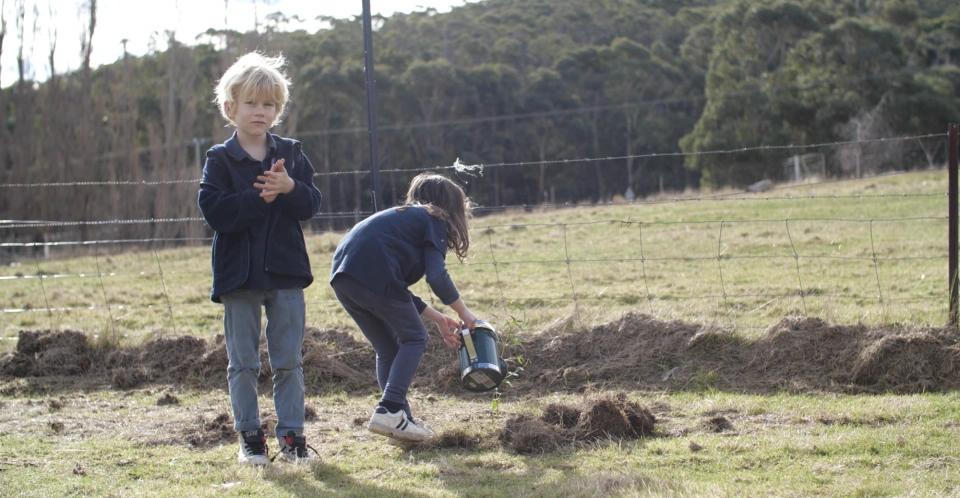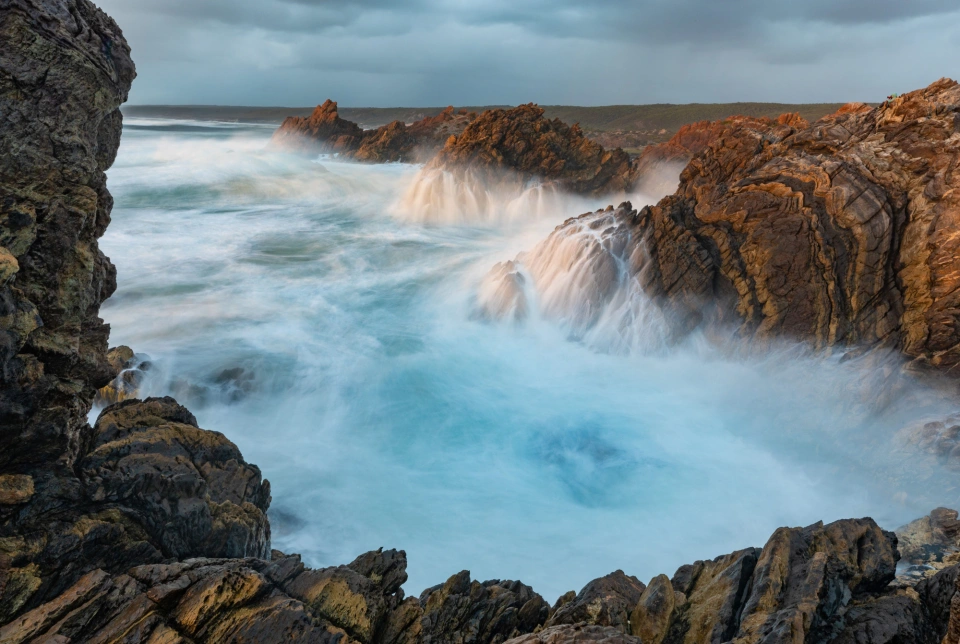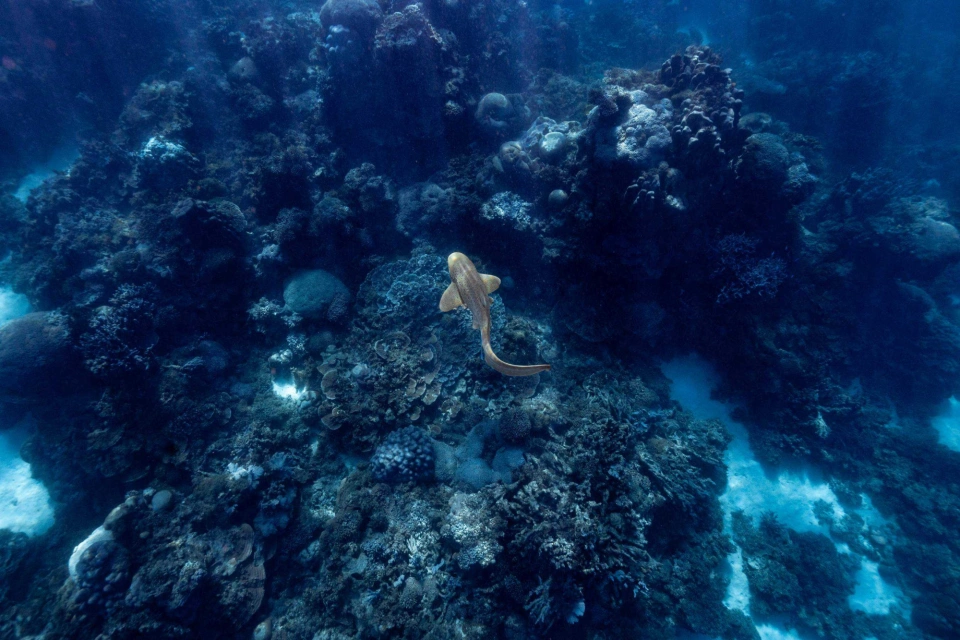The Lancet Planetary Health Diet
The Lancet is one of the world's highest impact peer reviewed medical journals. The study's chief author is Professor Walter Willet, from Harvard University. Professor Willet has been a leader in research into prospective diet studies in the United States for over 40 years. The peer reviewed study has been cited over 6000 times.
The study finds that more than a billion people consume an unhealthy diet that contributes to premature death and morbidity. It also finds that global food production is the largest pressure caused by humans on Earth, which threatens the stability of ecosystems and the Earth system.
The diet recommends mainly a plant-based diet with less dairy than current US guidelines, and only small amounts of meat, poultry, fish and seafood. The study has generated significant thinking and debate and can be downloaded and read in full here:
Eat Lancet study
"Unhealthy and unsustainably produced food poses a global risk to people and the planet." - Food in the Anthropocene


Phill Pullinger
The Lancet is one of the world's highest impact peer reviewed medical journals. The study's chief author is Professor Walter Willet, from Harvard University. Professor Willet has been a leader in research into prospective diet studies in the United States for over 40 years. The peer reviewed study has been cited over 6000 times.
The study finds that more than a billion people consume an unhealthy diet that contributes to premature death and morbidity. It also finds that global food production is the largest pressure caused by humans on Earth, which threatens the stability of ecosystems and the Earth system.
The diet recommends mainly a plant-based diet with less dairy than current US guidelines, and only small amounts of meat, poultry, fish and seafood. The study has generated significant thinking and debate and can be downloaded and read in full here:
Eat Lancet study
"Unhealthy and unsustainably produced food poses a global risk to people and the planet." - Food in the Anthropocene

You might like...

Amazing encounter with a flock of Swifties

How do you connect with Nature?

Storytelling and imagery: lessons from running successful environmental campaigning

Adrift Among Canyons of Coral
Newsletter
Sign up to keep in touch with articles, updates, events or news from Kuno, your platform for nature
